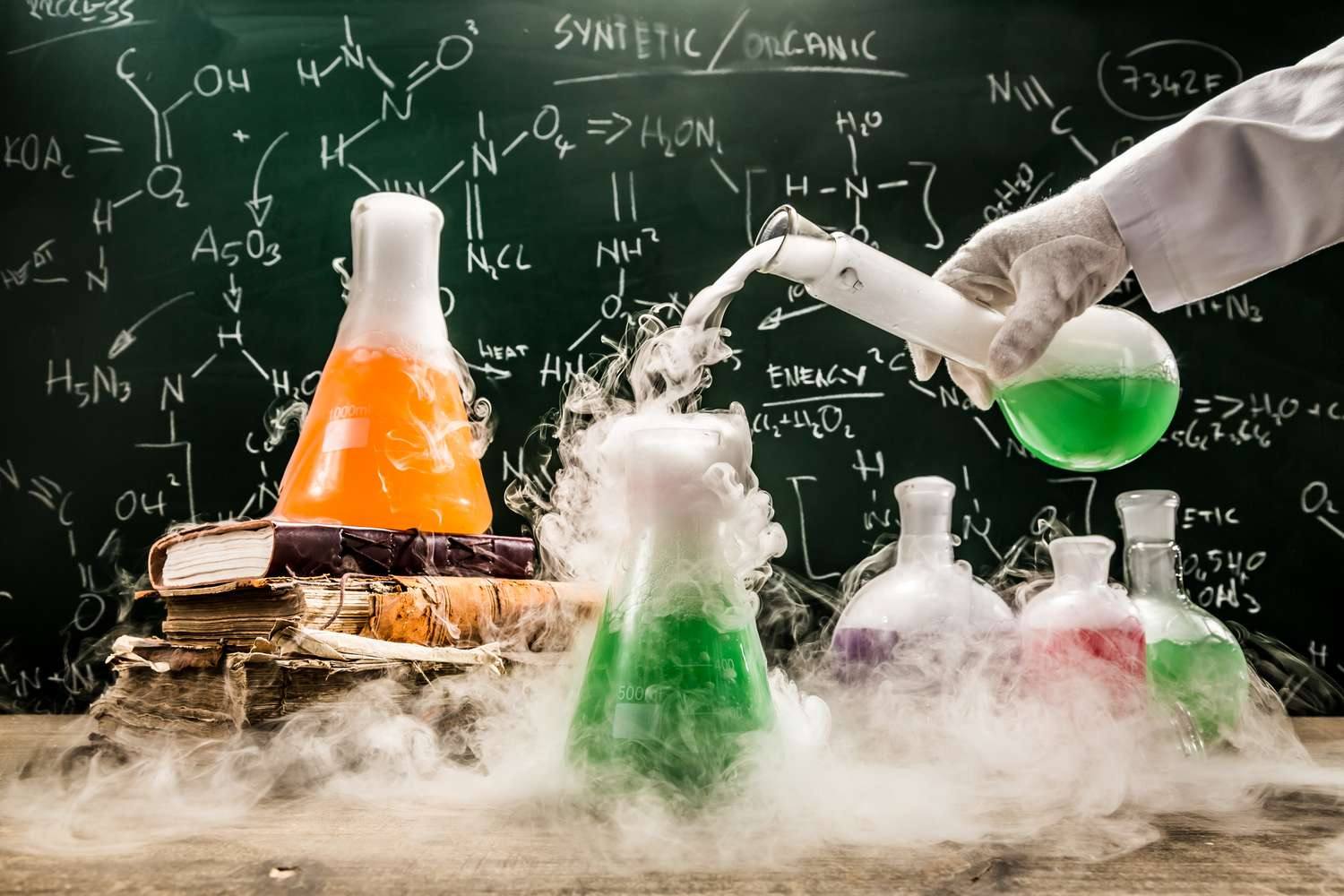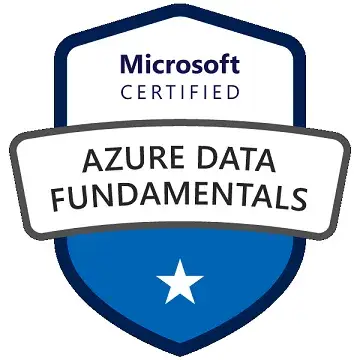Chemistry - 11
- (0 Reviews)
- 0 students enrolled
Chemistry - 11
These topics encompass a broad range of chemistry concepts. They include the study of chemical equilibrium, hydrogen's properties and isotopes, organic compounds called hydrocarbons, the periodic table's organization, fundamental chemistry principles, states of matter, atomic structure, organic chemistry, redox reactions, element properties, chemical bonding theories, thermodynamics, and environmental chemistry.
- (0 Reviews)
- 0 students enrolled
What learn
- Comprehensive Subject Knowledge
- Visual and Interactive Education
- Adaptive Learning Methodology
- 24/7 Availability
- Global Reach and Diverse Resources
- Global Reach and Diverse Resources
Course Content
Requirements
- Smart Phone Or Laptop with Internet Connection
Description
Equilibrium I and II Chemical equilibrium is a state in a chemical reaction where the concentrations of reactants and products remain constant over time. These topics likely cover the principles, concepts, and calculations related to equilibrium.
Hydrogen I and II These topics would likely cover various aspects of hydrogen, including its properties, isotopes, and chemical reactions. Hydrogen is the first element on the periodic table.
Hydrocarbons I, II, and III Hydrocarbons are organic compounds made up of hydrogen and carbon. These topics might explore the different types of hydrocarbons, such as alkanes, alkenes, and alkynes, as well as their properties and reactions.
Classification of Elements and Periodicity in Properties This topic pertains to the arrangement of elements in the periodic table and the periodic trends in their properties, such as atomic size, electronegativity, and ionization energy.
Some Basic Concepts of Chemistry I and II These topics likely cover fundamental concepts in chemistry, including the mole concept, stoichiometry, chemical reactions, and basic chemical calculations.
States of Matter States of matter refer to the different physical forms that substances can exist in, such as solids, liquids, and gases. This topic explores their properties and phase transitions.
Structure of Atom I and II These topics delve into the structure of atoms, including subatomic particles, atomic models, and atomic spectra.
Organic Chemistry I, II, and III Organic chemistry deals with the structure, properties, reactions, and synthesis of organic compounds, primarily based on carbon. These topics may cover various aspects of organic chemistry.
Redox Reaction Redox (reduction-oxidation) reactions involve the transfer of electrons between chemical species. This topic explores the principles and types of redox reactions.
The p Block Elements The p-block elements are found in groups 13 to 18 of the periodic table. These elements have diverse properties and are important in various chemical reactions.
The s Block Elements The s-block elements are found in groups 1 and 2 of the periodic table. These elements include alkali metals and alkaline earth metals, which have distinct properties and reactivity.
Chemical Bonding Molecular Structure I and II These topics focus on the nature of chemical bonds and the three-dimensional structure of molecules. Topics may include covalent bonds, ionic bonds, and molecular geometry.
Thermodynamics and Chemical Energetics Thermodynamics is the study of energy changes in chemical reactions. It covers concepts like heat, work, entropy, and Gibbs free energy, which govern chemical processes.
Environmental Chemistry Environmental chemistry explores the impact of chemical processes on the environment, including pollution, waste management, and sustainable practices.
These topics collectively provide a comprehensive overview of various aspects of chemistry, from basic concepts and atomic structure to chemical reactions and environmental considerations.
Recent Courses
- June, 23rd 2025
- 3
This course plan outlines a comprehensive curriculum for a prompt engineering course, designed to equip learners with the ski..
- 1699.00₹
2000.00₹
- June, 28th 2025
- 12
In an era where technology is seamlessly integrated into our daily lives, understanding the synergy between Embedded Systems..
- 1599.00₹
2000.00₹
- May, 22nd 2024
- 0
Microeconomics is an essential component of economics as a whole, as it helps us understand how individual decisions and inte..
- 799.00₹
999.00₹
About Instructor







.png)


